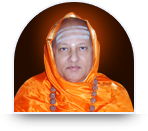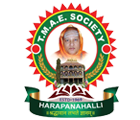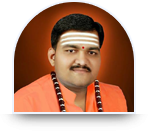
Vision
Strengthening globally accepted education, research and industry institute interaction in the fields of mining engineering.
Mission
- Up gradation of mining engineering education, and industry institute interaction to meet the challenges of the Indian Mining industry in terms of increase in production of minerals from open cast and underground mines keeping in view the conservation & environmental protection.
- To develop capabilities in mining and mine surveying by facilitating required cognitive, affective and psychomotor skills in the program.
Department Of Mining
Mining engineering is an engineering discipline that involves the practice, the theory, the science, the technology, and application of extracting and processing minerals from a naturally occurring environment. Mining engineering also includes processing minerals for additional value.
Work & Assessment
Students works are assessed using different methods like Practical works, assignments, internal assessments, seminars & records. The final diploma award is based on both course work and semesters examinations. The students in the final year has to conduct a project work from the live problems from the industry based on the skills and knowledge and is assessed by a combination of written report and presentation.
Awarding Certificate
The Board of Technical Examinations, Directorate of Technical Education, Government of Karnataka will award the final diploma certificate for the students who will complete their Diploma Course successfully.
Course Length & Attendance
The course is of Three years (six semesters) and the students should attend the course full time.
Program Outcomes (PO's)
| PO1 | Basic and Discipline specific knowledge: Apply knowledge of basic mathematics. Science and engineering fundamentals and engineering specialization to solve the engineering problems. |
| PO2 | Problem analysis: Identify and analyze well-defined engineering problems using codified methods. |
| PO3 | Design/development of solutions: Design solutions for well-defined technical problems and assist with the design of systems components or processes to meet specified needs. |
| PO4 | Engineering Tools, Experimentation and Testing : Apply modern engineering tools and appropriate technique to conduct standard tests and measurements. |
| PO5 | Engineering practices for society, sustainability and environment: Apply appropriate technology in context of society, sustainability, environment and ethical practices. |
| PO6 | Project Management: Use engineering management principles individually, as a team member or a leader to manage projects and effectively communicate about well-defined engineering activities. |
| PO7 | Life-long learning: Ability to analyze individual needs and engage in updating in the context of technological changes. |


